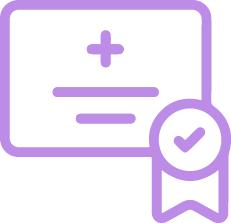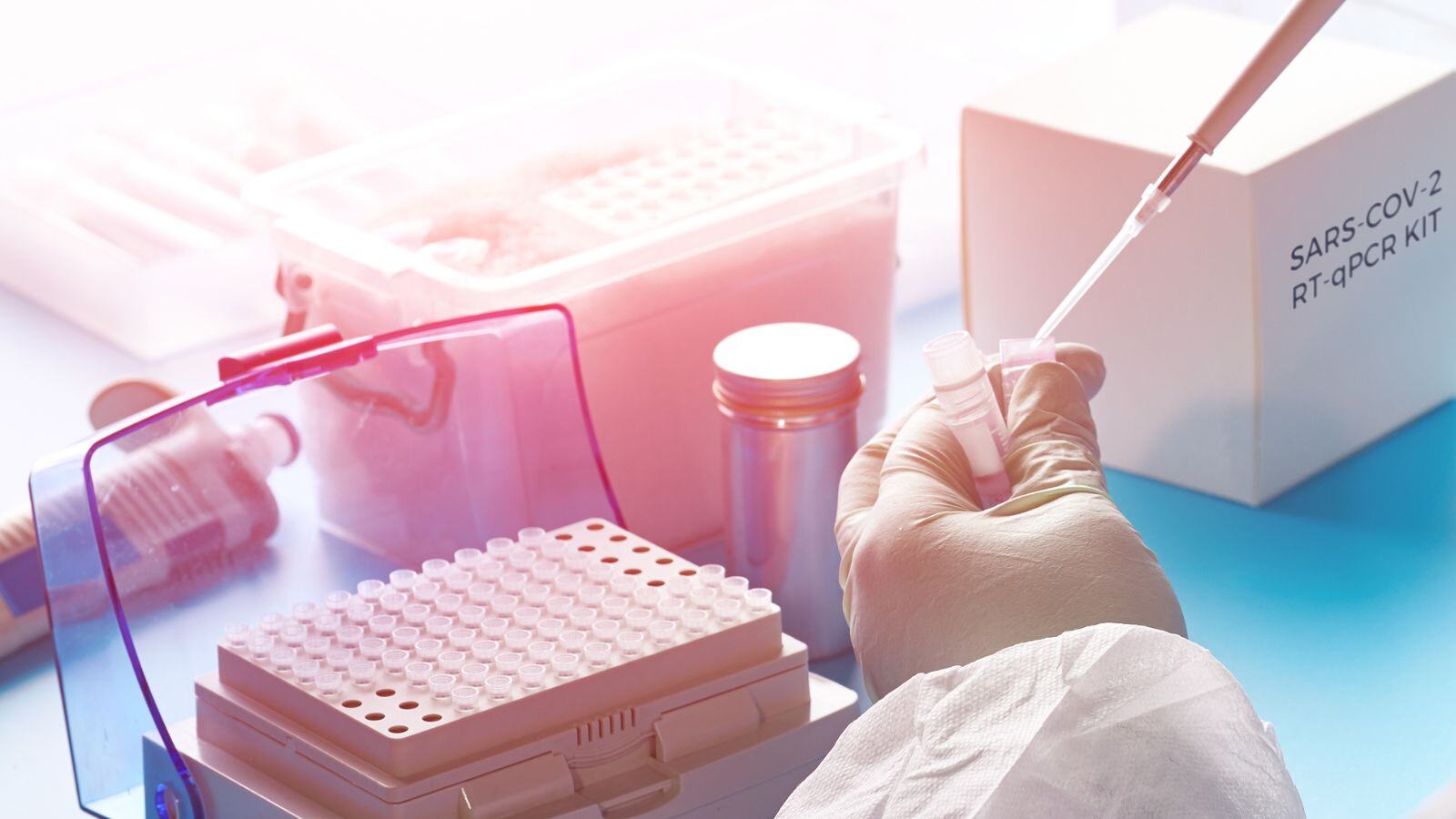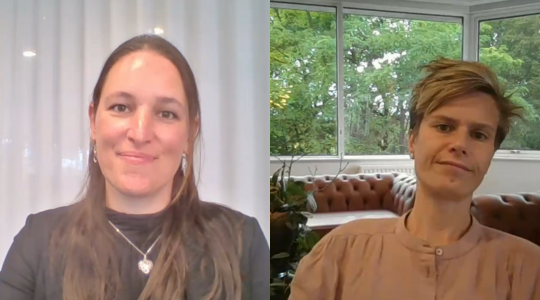In a previous blog post, we talked about the various activities that take place during an inspection and how to deal with them as they occur. Findings are never nice, so could we have avoided these? Could we have been better prepared?
An email arrives in your inbox: the local authorities announce they would like to inspect your site in six weeks and kindly request confirmation of receipt and agreement to the date.
You smile. Six weeks is more than enough time to prepare. Gone are the days when a message like this would cause panic. Why? Because you are confident you have achieved a high level of inspection readiness.
Inspections by regulatory authorities are a standard part of the regulatory framework worldwide. At some point, an inspector may evaluate your company or services.
What is inspection readiness, and what is the difference between readiness and preparation?
Preparing for the inspection means that final step, in line with the target date and proposed agenda: getting the logistics ready and informing and preparing stakeholders. Inspection readiness goes way beyond this and ensures the preparation goes smoothly without a rush to find and/or correct documents or records.
Preparation: The Logistics
For both virtual and on-site inspections, the following is strongly recommended:
1. Logistics: Define and Prepare Rooms
- A room for the inspector to work in (or where you set up your video connection)
- A room for the inspection team to work in (back-room, or sometimes nicknamed the War Room) where your inspection lead can support the preparation of documents, brief (and debrief) interviewees, and be available to the inspector.
Ideally, these rooms are close to each other.
2. Logistics: Food and Drinks
While an inspector must remain “independent,” normal hospitality in the form of drinks is certainly allowed. I also recommend offering to support obtaining lunch. Some inspectors will even allow you to pay for it 😊, but not always.
3. Inform Your Receptionist (for site visits)
As the first entry at your facilities is often at a reception, inform your receptionist. They should receive the inspectors appropriately and settle them in the inspection room.
4. Assign Responsibilities
Depending on your organization and the scope or type of inspection, it is recommended to have a note-taker (recording interviews, connecting to the back room), an inspection coordinator (document, interview, tour organizer), or other supporting roles available.
5. Inform Other Key Staff, Employees, and Vendors / Consultants / Clients as Needed
Remind them not to discuss confidential information in elevators, corridors, or open spaces, to adhere to the clean desk policy, and refresh them on locking screens when leaving the workstation.
Preparation: Tour of the Facilities
In the days leading up to the inspection, you have time to prepare:
Clean room (not cleanroom): Whether a site visit is expected or not, it is a good idea to go around the areas that could be in scope and think about memos on notice boards, documents left on a printer, general cleanliness…
I always recommend doing this the evening before to avoid your cleaning activities being outdated by the chaos daily work can sometimes bring.
Document Preparation
Based on the scope of the inspection and/or agenda, you can already identify documents that are likely to be requested in the next few weeks or during the inspection day(s).
Identify the location and quality of documents.
Know where you can find the relevant documents and records. Certainly, for documents in older systems or in systems you have not accessed for a while, verify accessibility timely.
Often inspectors will request access to systems to find the documents they wish to see. Set up appropriate inspection access to the system. This is usually view-only access to the relevant section(s) of your system. In today’s age, it will be hard to refuse direct access, and you may have to justify why.
Inspection readiness climbs up a notch in importance, knowing this, right?
Inspectors may request to see documents before the actual inspection date. And they will certainly request additional documents during the interview phase/site visit.
Similarly, as during the inspection (see the previous blog post, “What to Expect When Being Inspected?”), a good documentation flow is a key factor to success.
Keep a record of what was provided.
So what if my documents are not available? Or not of acceptable quality?
Certainly, you may attempt to rectify situations now, at least demonstrating that you have picked up on the matter. But with metadata in systems and expectations on document control, inspectors will certainly see this. Having to correct a significant portion of your documents and records will not reflect well, and you will likely have findings, despite all documents being available, present, and in good quality order.
This is where true inspection readiness will play to your advantage.
Preparing Interviewees
Interviewees may or may not be identified upfront. Even when not stipulated through an agenda, based on the scope of the inspection, you may identify likely candidates for interviews.
Many people dread the inspector’s interview. However, the interview is exactly the place to shine! This is your time! You are the owner of your role and responsibilities.
Prepare by knowing WHAT happened, WHEN, WHERE, and HOW.
Were there any problems, concerns, issues? HOW were situations addressed? WHO was involved? WHY was it done this particular way? Refresh your memory as needed!
Think about answering any question by making use of the 5W and 1H elements: WHY, WHEN, WHAT, WHERE, WHO, and HOW.
Standard questions include information on your training and experience and your role and responsibilities within the scope of the inspection.
Additionally, be aware of:
- Where information is stored and how to access it (see also above on document preparation)
- Who may need to be involved, consulted, or answer certain questions
- Who to escalate to
Role-playing may be an excellent way to prepare for interviews.
Inspection readiness will always help with the confidence of interviewees, but levels of stress can create havoc even in the most prepared environment.
Pre-Inspection Visit? Use and Value?
Is a pre-inspection visit useful in a truly inspection-ready environment?
A pre-inspection visit can serve multiple elements, so the gain will depend on the extent to which these play a role in the upcoming inspection:
-
You can optimize the preparation phase (in line with what is described above), notably for inexperienced teams.
-
You can identify areas of concern and work on corrections as needed. Even if no correction is really possible, at least you’re aware before the inspector comes in (if it would not yet be the case).
-
You can train, guide, and coach the team.
But My Inspection Is Not Announced; They Just Show Up!
This type of inspection is, of course, a strong and compelling reason to be inspection-ready at all times. While you will not have time to prepare at ease, having the following elements as a standard preparation plan will be helpful:
-
Make sure the reception desk is aware this may happen and what they should do.
-
Show the inspectors to an appropriate room (ideally, this room is pre-identified. If occupied at this time, the inspection should take precedence!)
-
Have a call list ready so your key staff can immediately be contacted and help manage the inspection.
The Holy Grail: Inspection Readiness
Inspection readiness goes beyond preparation.
Being inspection-ready includes that your company expects every colleague to do their duty (a loose interpretation of Lord Nelson’s flagship code for a call to action).
What does this mean?
-
Employees (and contractors) follow the company’s SOPs
-
Employees (and contractors) record their tasks accordingly
-
Employees (and contractors) file/structure their records accordingly
-
Employees (and contractors) are not afraid to speak up when something goes wrong
-
Employees (and contractors) support corrections, preventive actions, and continuous improvement initiatives
Figure 1. ALCOA++
Aristotle said: “Quality is not an act, it is a habit.” This is inspection readiness.
If we can create procedures, train our staff to follow them, and respect ALCOA++ principles, inspection readiness is just around the corner.
It’s a culture.
Can you set up additional structures and systems? Sure! But without a real culture in place, these are merely supportive. However, think about:
-
A robust internal audit program, not just focused on finding faults, but providing appropriate support in root cause analysis and CAPA building
-
Spontaneous and unannounced spot-checks of documents and records; or spontaneous “interviews”
-
Lessons learned from project issues, events, incidents, audits
More importantly:
-
Have processes and procedures focused on the employees (while respecting guidelines and regulations)
-
Have a training program that focuses on skills in the application of knowledge, building competences
-
Have an eye for continuous learning, continuous improvement
-
Leverage the use of systems, tools, and embrace new technologies (i.e., AI, big data)
-
No blame culture. Mistakes happen, and people should not have to be afraid to speak up when they do. Early detection can limit further damage, so early calls for action are desired.
So you smile when you receive your inspection announcement. Inspectors can come in any day, any time. You are prepared. Better, you are INSPECTION-READY.
Note: This approach is also applicable to audits by certifying/notified bodies or significant internal audits (or for service providers: key client audits).







.png?width=109&height=108&name=Pharma%20(2).png)
.png?width=111&height=108&name=Medical%20Devices%20(2).png)
.png?width=84&height=107&name=IVD%20(2).png)




.png)

.png)










